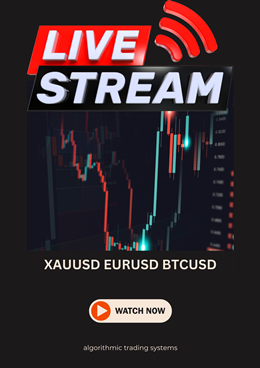Devaluation Effects: Inflation
Is It Valuable
What’s the Intent?
Currency War?
The most famous recent examples of the evaluation come from the European Central Bank and the Bank of Japan. Both of these economies depend heavily on exports. Therefore, a relatively strong currency was seen as a blockade to increase activity in the economy. From summer of 2014 the summer of 2015, the euro saw a drop of nearly 25% relative to the US dollar, a major consumer of European goods.
Similarly, from late 2011 two summer of 2015, the Japanese yen has seen its value drop nearly 40% relative to the US dollar. However, how valuable was the devaluation?
Is It Valuable?
On the surface, currency devaluation seems a great idea. Typically, currents devaluation does in fact often creates an inflow of capital. Therefore, it typically is seen as a positive move when an economy is looking to get out of a rut.
What often is it discussed, is what caused the currency strengthening in the first place. Normally, there is a shift in overall market sentiment. Sentiment is a fancy word for emotional feelings towards the market. If sentiment is causing large investors to buy government debt as opposed to equity stakes in companies, that is one of the key reasons for a currency strengthening. Because economies are a multi-variable environment, it is important to understand that plugging up one hole can lead to another. Put in other words, currency devaluation is valuable but only to one sector of an economy and often doesn’t impact the key problem, which is larger market sentiment.
What’s the Intent?
The purpose of currency devaluation is very straightforward. For export-based economies, currency devaluation makes your goods cheaper for your customers a broad to purchase. Conversely a relatively strong currency makes your goods, and an export-based economy relatively expensive and likely encourages clients to shop elsewhere. Of course, it’s a little bit more difficult than that, which will explain now.
Currency War?
As central banks worked to get the economies rolling along after the great financial crisis, one of the most commonly used terms was currency war. A currency war is the act of competitive evaluation of a currency in order to get an economic edge on the global scale. The idea is rather simple but the execution is rarely smooth.
The ideas based on the concept that if technology is roughly equal, whichever economy houses the weakest or cheapest currency likely has a global edge. Whether the goods are from Japan or China or Germany and are of similar quality, marketing material aside, demand should flows to the economy with a weaker currency. However, currency wars take two to tango.
If Japan is all the sudden working with a currency that is 40 % weaker than it was a few years ago, then other economies with similar technology are going to notice that they are lagging behind. Because politicians need to be reelected, and losing out to other economies is it good for reelection, when an environment of suppressed demand is present currency wars or competitive evaluation is a popular option.
Looking Over the Last Five Years
Looking over the last five years we seem different economies take different measures in order to revive their economy, which is often done with the ancillary benefit of weakening their currency. Aside from China’s devaluation move on August 11, 2015 which many believe to be the beginning of much more weakening, few if any economies rival the job of economic improvement performed by the Bank of Japan.
As many economies were recovering from the great financial crisis, Japan was having a hard time in 2009 through 2011 as their export-based economy was watching their currency strengthen and strengthen. When it was time for elections for a new prime minister, Shinzo Abe ran on a platform of reviving Japan to its former glory of the 1980s. His argument was and still is that a weaker currency is the easiest way to get the economy rolling again. Since he won his election in 2011 and began his ’Abenomics’ agenda, the Japanese yen has weakened tremendously.
Not to be outdone, the Swiss National Bank attempted to manipulate the market to prevent their Swiss franc from strengthening too much relevance to trade partners only to have to wave the white flag on January 15, 2015 and see their currency appreciate by the most anyone currency is appreciated in a single day in FX history. In 2014, the European Central Bank notified the world of their intent to give exporters breathing room with a weaker currency and at the strong euro was preventing economic development. On January 22, 2015 they finally engaged in their promised quantitative easing. Lastly, August 11, 2015 the People’s Bank of China decided to allow a looser band of the Yuan relative to the US dollar and it’s likely this could be just the beginning.

 Events
Events Blog
Blog











